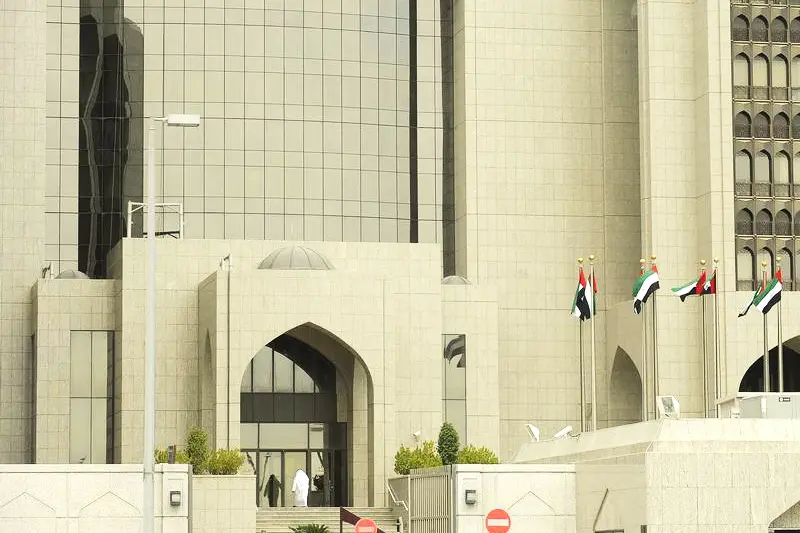PHOTO
DUBAI- Smaller banks in the United Arab Emirates are facing regulatory pressure to merge after the fallout from a property downturn forced the state to lead a bailout of Invest Bank INVB.AD last month.
UAE has 50 commercial banks including 22 local lenders, a number seen as too high in a country of about 9.5 million people. Saudi Arabia, which has a population of 32 million, has 12 banks and is set to lose two of those if announced mergers are successfully concluded.
After two of the UAE's biggest lenders, First Gulf Bank and National Bank of Abu Dhabi, merged in 2017 to become First Abu Dhabi Bank, three more lenders are in talks to combine, led by Abu Dhabi Commercial Bank.
Analysts expect mergers in the sector to accelerate given a slowing economy, slide in house prices, robust accounting standards and tougher competition.
"There will be pressure on the bigger banks to absorb smaller lenders," said Sabah al-Binali, CEO of Abu Dhabi-based investment firm Universal Strategy.
"People were expecting mergers from an economic point of view, but what you are seeing now is perhaps a greater regulatory push to strengthen balance sheets."
Smaller banks in the UAE, which are mostly family owned, have lost market share to the top four lenders, which now control around 65 percent of banking sector loans, according to Fitch. Despite that, their owners have resisted mergers, partly due to differences over who would control the combined entity.
But one banker, who has been advising banks on M&A, said there are more merger conversations happening in a sign that owners are becoming more open to consolidation.
"We are party to a number of such conversations and instigating a number of those," the banker said.
NOT SO GENEROUS
In 2009 the UAE rescued its largest banks with billions of dollars of fresh equity without forcing losses on shareholders.
Nine years on, with those lenders well capitalised, authorities are tightening the screws on smaller banks, but without the generosity shown to the larger players.
The Sharjah government proposed to buy Invest Bank shares for just 0.70 dirhams ($0.19) each, against the last traded price of 2.40 dirhams, after the central bank ordered it to take losses that wiped out its capital base.
"The central bank has become much more involved with all of the banks in ensuring (they) have a sustainable business model and the risks they are taking can withstand downside shocks," said the banker.
A second banker said the central bank had been closely scrutinsing distressed assets and challenging banks on their classification assumptions for such assets, especially in the real estate sector.
The central bank did not respond to a Reuters request for comment.
HIGHER EXPOSURE
Mik Kabeya, assistant vice president at rating agency Moody's, said smaller banks tended to have higher exposure to small and mid-sized corporates, which have been disproportionately affected by the relatively soft economy.
He added that there was a need for scale to meet sizeable investment requirements related to compliance, digitalisation and new accounting standards.
The central bank is becoming increasingly strict with the banks in terms of maintaining minimum capital, liquidity and loan loss reserve levels, said Redmond Ramsdale, senior director, financial institutions at Fitch Ratings.
"Real estate and contracting sectors are a large sectorial exposure across all UAE banks. This is putting pressure on asset quality metrics for all banks."
($1 = 3.6728 UAE dirham)
(Additional reporting by Tom Arnold and Stanley Carvalho; Editing by Kirsten Donovan) ((Saeed.Azhar@thomsonreuters.com; +971 44536787; Reuters Messaging: saeed.azhar.reuters.com@reuters.net))





















